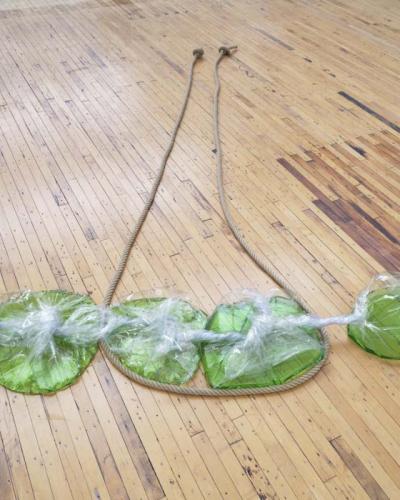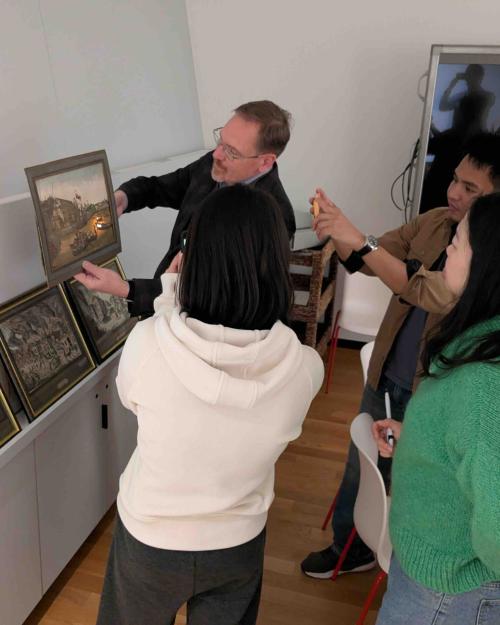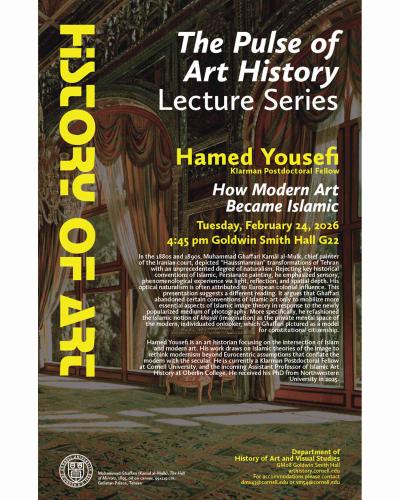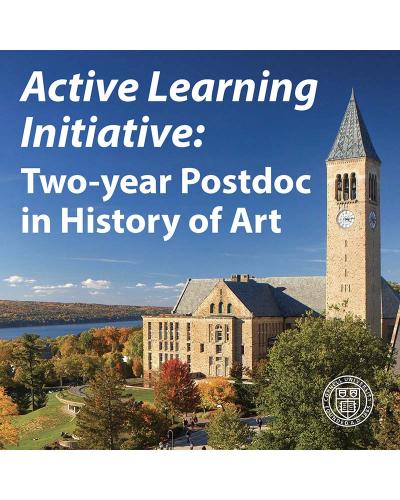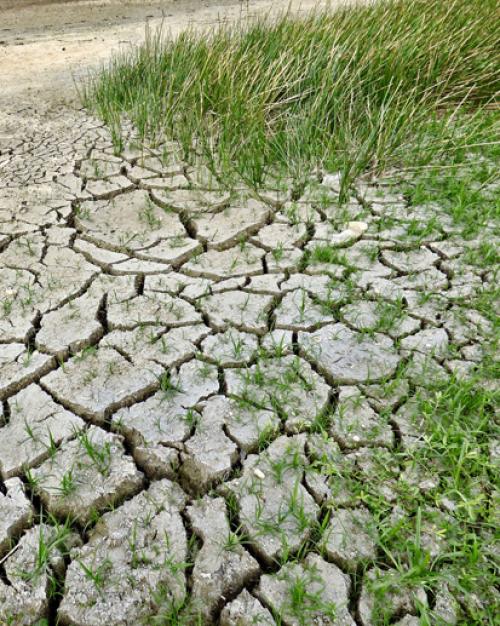A Cornell-led international team of researchers has received a $65,000 grant from the National Endowment for the Humanities (NEH) for its project, “The Next Monsoon: Climate Change and Contemporary Cultural Production in South Asia.”
The grant will fund a three-day conference, tentatively scheduled for September 2022, and an open-access volume on the topic of humanistic approaches to climate change and the impact of climate change on cultural production in South Asia.
The project will explore two interrelated research themes: how climate change is rendered in visual arts, cinema, literature and architecture in South Asia; and how projects of cultural expression render visibility to place-based narratives in South Asia.
“The conference is intended to analyze the diversity of experiences of a changing planet in South Asia, as well as to contribute to the emerging field of environmental humanities,” said Iftikhar Dadi, professor and chair of history of art and visual studies in the College of Arts and Sciences and director of the South Asia Program.
“Most of the humanities’ contribution to the field of climate change has been grounded in the viewpoint of the ‘global north,’ where imagining climate change appears most readily in apocalyptic visions that highlight individual heroics, ingenuity and survival atop blasted landscapes,” Dadi said. “Our goal is to explore the imaginary of climate challenges from the view of the ‘global south.’”
In addition to Dadi, the team of researchers includes Sarah Besky, associate professor in the School of Industrial and Labor Relations; Sonal Khullar, the University of Pennsylvania; and Rupali Gupte, School of Environment and Architecture, Mumbai, India.
“Unbearable heat, unpredictable rain and uncertain futures are becoming the norm across the ‘global south,’” Besky said. “South Asia is an empirical microcosm of the ecological and epistemological upending caused by climate change. Forming a quarter of the world population and inhabiting tremendous cultural and geographic diversity, South Asia provides a unique case study for the examination of the challenges of climate change on diverse cultural forms.”
In addition to the open-access volume, the project will include monthly reading groups and a podcast series. In order to foster a broader dissemination of the results of the conference, the project will also include a social media platform and a dynamic website designed as an online teaching tool, equipped with an interactive map, streaming videos, the podcasts and a blog.

